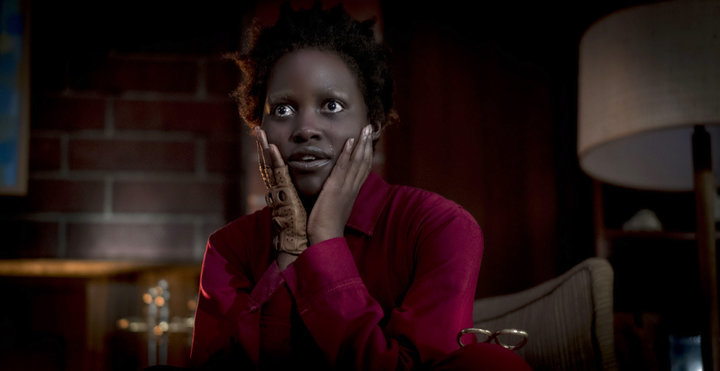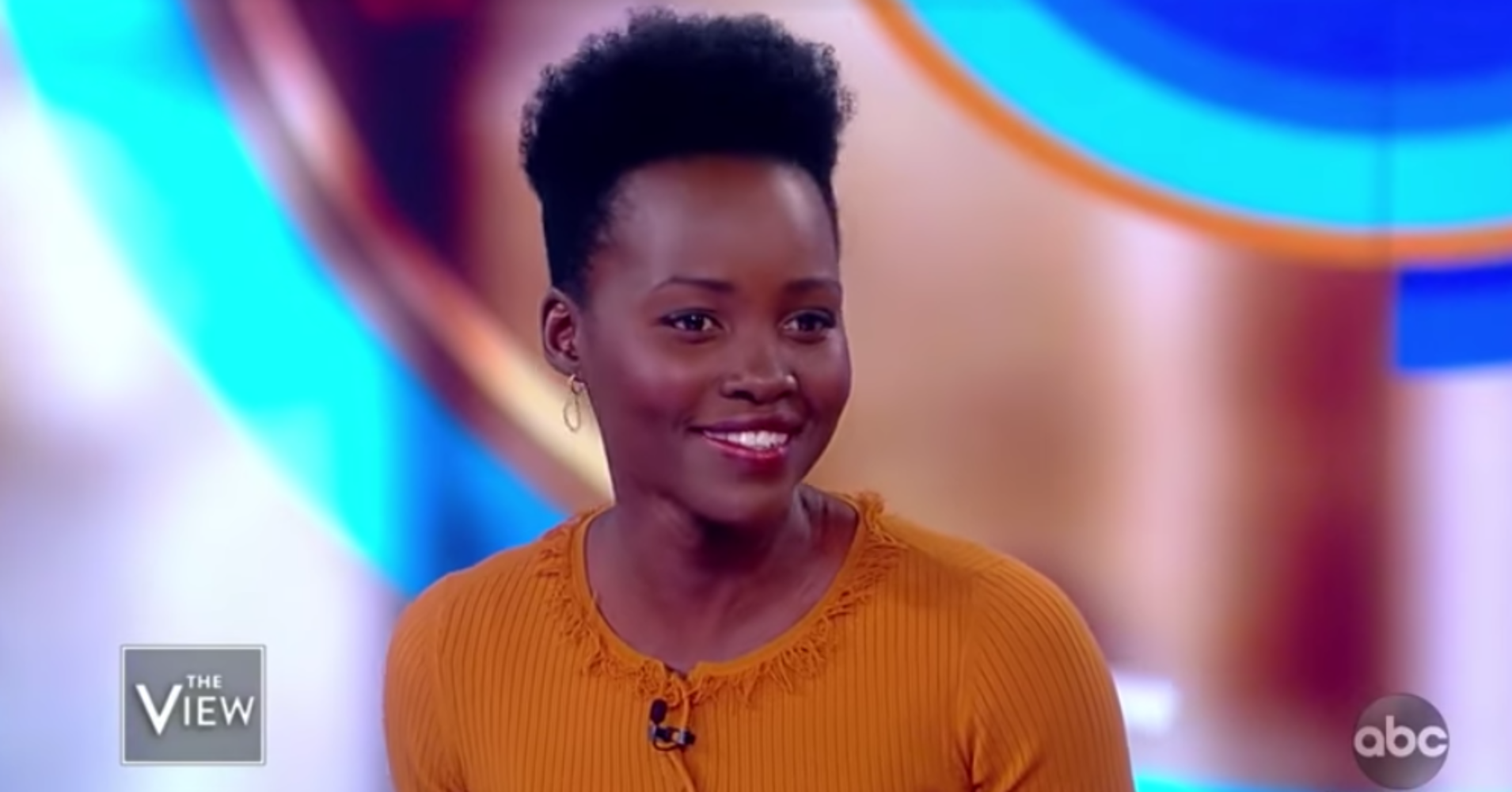[ad_1]
Lupita Nyong’o has apologized for recent comments in which she said the voice of her villainous character in the movie “Us” was inspired by a disability.
In the new horror film, Nyong’o plays two characters, Adelaide Wilson and Red, that latter of whom is an evil doppelgänger hellbent on bloody revenge. Nyong’o said in interviews this month that the effectively creepy voice she gave Red was inspired by the voice of Robert F. Kennedy Jr., who has spasmodic dysphonia, a neurological disorder that causes involuntary spasms of the larynx.

Her comments sparked backlash from disability advocates for linking her terrifying character to the condition and disability.
During an appearance on “The View” Thursday, the 36-year-old Oscar winner responded to the criticism.
“It’s a very marginal group of people who suffer from this,” Nyong’o said. “The thought that I would, in a way, offend them was not my intention. In my mind, I wasn’t interested in vilifying or demonizing the condition. I crafted Red with love and care. As much as it [was] in a genre-specific world, I really wanted to ground her in something that felt real. For all that, I say sorry to anyone that I may have offended.”
Nyong’o also explained that Red’s voice was a “composite of influences,” which included laryngeal fractures, vocal cord hemorrhages and her own experiences with vocal injury.
“All of that is very hard to get into a sound bite,” the actress explained. “So … in mentioning spasmodic dysphonia I may have been disproportionate to what it actually is in the film.”
She also noted that she met with numerous people with spasmodic dysphonia while developing Red and is aware of the frustrations related to the condition and thought that “speaking up about it and mentioning it may shed light on the condition.”
“And instead people really came after you for it,” interjected co-host Sunny Hostin.
“Yes, but, you know, I understand that,” Nyong’o quickly responded.
RespectAbility, a nonprofit group that fights stigmas and advances opportunities for people with disabilities, was one of the groups that initially criticized Nyong’o’s remarks. In a statement published Friday, the group said it appreciated the actress’ “heartfelt apology,” stating:
We’re all on a learning journey to be sensitive to all marginalized communities whether it be race, gender, sexual orientation / gender identity, disability, religion or anything else. ‘Us’ ― especially with Lupita Nyong’o as the lead and Jordan Peele as the writer/director ― is opening up doors, and breaking glass ceilings for people of color and is a massive advancement for Hollywood as a whole. We hope Nyong’o will use this experience to continue lifting up all marginalized groups including the 1-in-5 people who live with disabilities.
Though many may view the backlash toward Nyong’o as unwarranted, associating disability with villains is a trope in film and media that the disability community has been trying to combat for years.
The “Road Map for Inclusion,” a new report funded by the Ford Foundation that details the media’s failure to represent people with disabilities and gives recommendations for better inclusion, even cites the hurtful stereotype in its findings, saying:
This stereotype plays on people’s inherent discomfort with those who do not look the same as them, telling them that disfigurement — and disability, in general — makes characters revolting and morally wrong and reinforcing the notion that “we should be afraid of people whose faces and bodies are different from our own.”
[ad_2]
Source link

